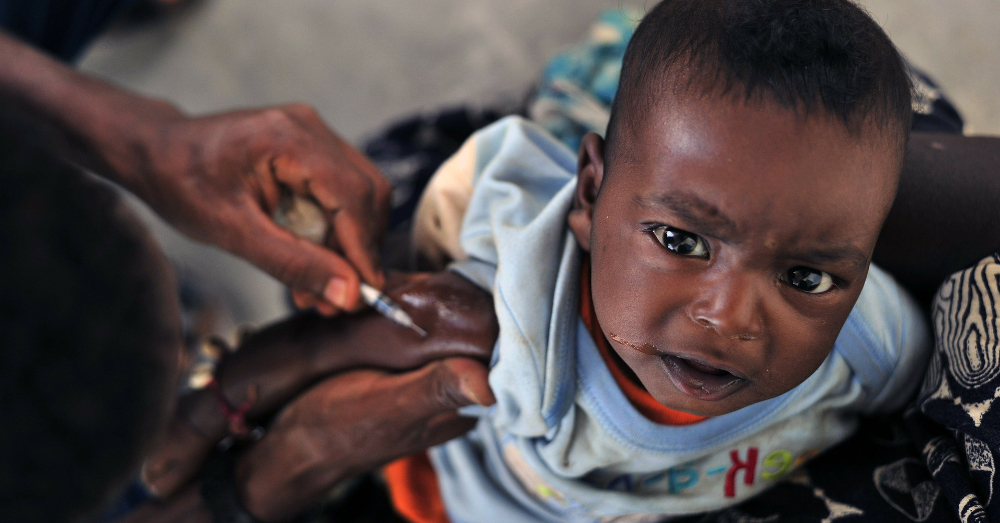
The Twenty-First Century Classroom
Stress, mental illness, anxiety, depression, and learning disorders—they are plaguing our children at ever-increasing levels. Schools are having trouble accommodating these students while suffering endlessly with discipline issues, violence, expulsions, stressed-out teachers and budget shortfalls. According to the Norwegian Institute of Public Health, up to 15-20 percent of children and adolescents aged three to eighteen are inhibited by mental problems.
January 26, 2018 | Source: The Weston A. Price Foundation | by Kendall Nelson
For years I have been working within the vaccine awareness community as an activist for health freedom, hoping to improve the lives of children. In doing so, I have met many heroes—men and women who are not afraid to address the shortcomings of vaccination despite the personal and professional repercussions that sometimes follow. These people are doctors, scientists and parents of injured children who share current vaccine news and studies, as well as ideas. One of these heroes and thought leaders is Anne Dachel from Age of Autism who for the past few months has provided our community with over two thousand news articles written about what she calls “The Decline of the Modern Student.”
Something is Horribly Wrong
“Evidence that something is horribly wrong with today’s children is worldwide and it’s growing. U.S. health officials have been silent on these issues for years, but I see a change happening. Actually, it’s been several years in the making, but it’s just now in the news everywhere,” says Dachel. Recent headlines read, “Special Needs Student Population Still Rising,” “Suspension Rates on the Rise,” “Handcuffing of Kids with Disabilities ‘Excessive Force,’ Judge Rules” and “Suicide Rates for Teenage Girls at All-Time High.”
Stress, mental illness, anxiety, depression, and learning disorders—they are plaguing our children at ever-increasing levels. Schools are having trouble accommodating these students while suffering endlessly with discipline issues, violence, expulsions, stressed-out teachers and budget shortfalls. According to the Norwegian Institute of Public Health, up to 15-20 percent of children and adolescents aged three to eighteen are inhibited by mental problems such as anxiety, depression and behavioral issues, while the use of antidepressants by young people aged fifteen to nineteen rose 44 percent among boys between the years 2004 to 2013, and by 48 percent among girls in the same period. Similarly, the National Institutes of Health (NIH) here in the U.S. says one in five American children currently has or had a “seriously debilitating mental disorder.”
